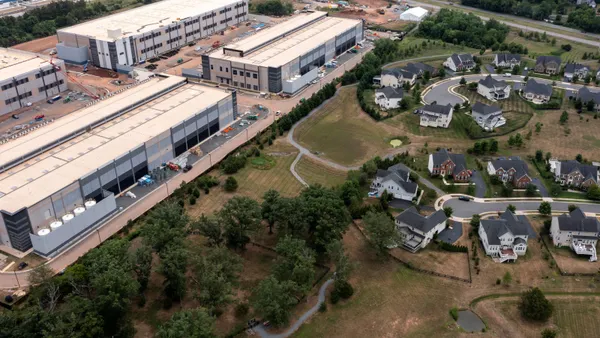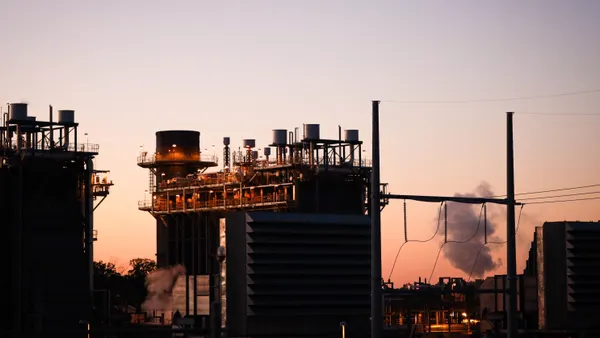Dive Brief:
- Whitefish Energy has resumed work to repair and rebuild portions of Puerto Rico's electric grid after receiving what it called a "good faith" payment from the island's electric utility for work it completed last month.
- Whitefish's work suspension was also tied to contractor Arc American, which had asked the Puerto Rico Electric Power Authority for payments it was due. Whitefish has sued Arc American in a Montana court, alleging the company was wrong to take its case directly to the utility. According to the Wall Street Journal, a judge will hear the case this week.
- It has been more than two months since Hurricane Maria struck the island and destroyed its electrical system, and recovery has been slow. As of this morning, about 58% of the island's generation is back online.
Dive Insight:
The Whitefish Energy contract scandal will likely extend for some time, but work is accelerating on Puerto Rico's grid. The Journal reports there are now more than 3,000 workers repairing the damage.
Puerto Rico Gov. Ricardo Rossello has set a goal of restoring 95% of the island's generation by mid-December, and now the system is approaching 60% — the highest level since the storm struck in September.
Last week, Whitefish halted its work efforts, citing $83 million it says the island had not paid. It has now received a payment that it says shows the island has a "good faith intent to pay." However, it is unclear if some of those funds in arrears will be caught up in PREPA's bankruptcy. The utility holds about $9 billion in debt.
Whitefish's controversial contract has since been terminated, but the Montana-based company agreed to complete projects which were in progress and remain in Puerto Rico through the end of November. The company has indicated that Florida-based American Public Power Association (APPA) utilities which had been working with the company had opted to "end their work in Puerto Rico."
In the aftermath of Hurricane Maria, PREPA contracted with Whitefish to repair the grid rather than utilizing mutual aid agreements with other utilities. As terms of the $300 million contract came to light, it set off a widespread criticism. The contract has since been canceled.














